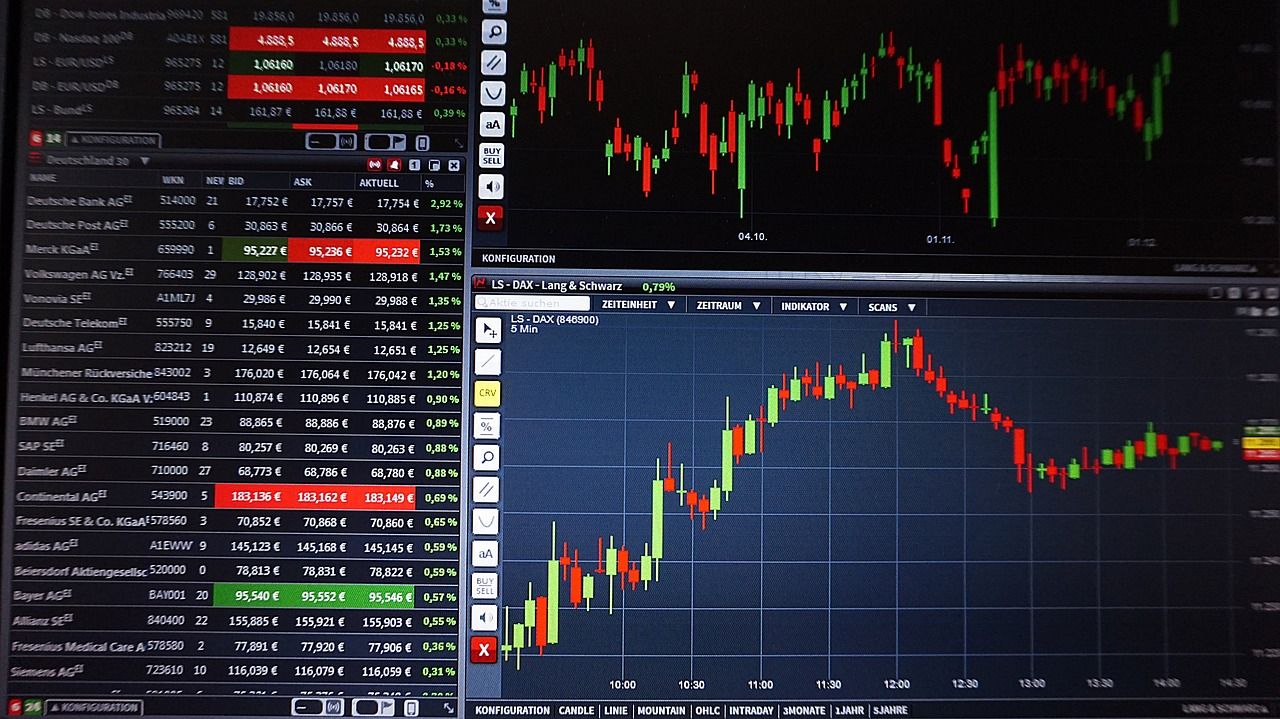Crypto Trading Firm Wintermute Sees 240% Yearly Growth in Traditional Finance Activity
Crypto trading firm and market maker Wintermute registered a 240% yearly growth in traditional finance firms’ activity in its over-the-counter (OTC) trading desk, according to a recent report.
Regulatory Clarity Drives Confidence
Traditional financial institutions played a pivotal role in reshaping OTC trading in 2024. The report pointed to improved regulatory clarity and evolving policy frameworks as confidence drivers for these institutions.
Significant Drivers of Growth
The report highlighted significant drivers, including the US Securities and Exchange Commission’s (SEC) approval of spot Bitcoin (BTC) exchange-traded funds (ETFs) in January 2024 and the election of a pro-crypto president in the US in November 2024.
Preference for Discreet Trades
Wintermute’s counterparty volume data revealed that retail brokers also experienced a 549% growth rate, reflecting broader institutional interest.
The surge in trading volumes from institutional players can be attributed to their increasing demand for off-exchange liquidity. Wintermute’s OTC desk saw volumes grow 4.13 times over the previous year, driven by counterparties seeking to place large trades without significantly impacting the market.
The demand aligns with institutions’ preference for efficient, discreet trades that avoid the capital inefficiencies associated with holding assets on exchange platforms. The preference drove Wintermute’s OTC volumes to hit new milestones, surpassing its previous weekly record of $2 billion in 2023 with a single-day volume of $2.24 billion in November 2024.
Focus on Memecoins and Challenges
Traditional finance institutions also shifted their focus when it comes to preferred assets. While major crypto experienced a 3% decline in trading volume, alternative segments like “memecoins” and “currency networks” gained traction.
Memecoins recorded a 210% growth, capturing 16.2% of Wintermute’s total OTC volumes, up from 7.3% in 2023. This reflects institutional investors’ willingness to explore higher-risk assets for additional returns.
Notably, the report noted that as traditional financial institutions solidified their presence in the OTC market, crypto-native firms faced mounting pressure.
The entry of well-capitalized players with access to scale and competitive pricing squeezed smaller competitors. Declining market shares for crypto-native firms indicate intensifying competition, with institutions leveraging their resources to dominate the space.
Conclusion
The growth of traditional finance activity in Wintermute’s OTC trading desk highlights the increasing influence of institutional players in the crypto market. The preference for discreet trades and the focus on memecoins reflect the evolving strategies of these players. As the market continues to evolve, crypto-native firms must adapt to the changing landscape to remain competitive.
FAQs
Q: What was the yearly growth rate in traditional finance firms’ activity in Wintermute’s OTC trading desk?
A: 240%
Q: What were the significant drivers of growth in Wintermute’s OTC trading desk?
A: The approval of spot Bitcoin (BTC) exchange-traded funds (ETFs) by the US Securities and Exchange Commission (SEC) in January 2024 and the election of a pro-crypto president in the US in November 2024.
Q: What was the growth rate for retail brokers in Wintermute’s OTC trading desk?
A: 549%
Q: Why did institutional players prefer discreet trades?
A: To avoid the capital inefficiencies associated with holding assets on exchange platforms.
Q: What was the growth rate for memecoins in Wintermute’s OTC trading desk?
A: 210%
Q: How did traditional finance institutions impact crypto-native firms?
A: The entry of well-capitalized players with access to scale and competitive pricing squeezed smaller competitors, leading to declining market shares for crypto-native firms.










